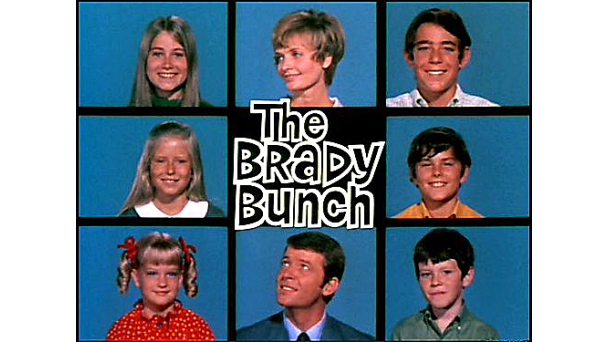Jenna and Mark Livingston were living the life of Reilly. At age 30, they had thriving careers—Jenna as an attorney, Mark as a pediatrician—and three children, aged five months, two, and four. Together, they lived in a four-bedroom home in an exclusive neighborhood with their dog, Pepper. Five months after the birth of their third child, Mark decided Jenna required…

Mary and Thomas Charleton had five adult children. Unfortunately, not all of them had the means to purchase their own homes. So after each child married, the Charletons offered them a low interest loan to cover the down payment, up to a certain dollar amount. All of the children took advantage of the offer.
By the time Mary died—at age 62–three of the loans had been repaid in full. However, the couple’s daughter, Dory, made a partial repayment. When she got divorced after five years of marriage and was forced to sell that home, Dory decided she should no longer be required to repay the loan. A son, Robert, figured the amount of the loan would just be taken out of his share of his parent’s estate. He was fine with that. He made no effort to repay the loan.

Robert Manning thought long and hard about the appointment of the executor of his will. He could appoint his wife, but there was a chance he might outlive her. And his wife tended to get a bit scattered when under pressure. Robert wasn’t sure if she could withstand the constant harping of relatives he was sure would show up expecting a handout.

Upon the death of their respective husbands, Sara and her daughter, Mary, decided to move in together. Since Sara’s home bore no mortgage, Mary sold her home, and placed the proceeds into a retirement account. They agreed to share living expenses, as well as the cost of maintenance and property taxes on the home. They also agreed that when Sara died, Mary would inherit the home.

When Miranda Jones married Scott Ludlum, with their six children in total, they anticipated a Brady Bunch existence. For many years, they co-existed peacefully, then Scott became seriously ill. It seems upon marriage to Miranda, Scott had failed to update his Living Will, Financial and Healthcare Powers of Attorney, and HIPAA Release. In all of those documents, Scott had appointed his former wife, Lenore, to make healthcare and financial decisions should Scott be rendered incapacitated.
Should You Hire A Professional Fiduciary?
Marilyn Simons was irate.
“I’m telling you, Bob, that estate planning attorney thinks we have raised a bunch of dummies. We have three children, all perfectly competent adults. Why shouldn’t we nominate one of them to oversee our affairs? I am quite sure none of them would object.”
Anna Mercer’s family was quite excited when she met and married Klaus Jergen. After their joyous nuptials, the couple moved to Vienna, Austria, where Klaus was employed at a local school as a history teacher. Anna, a pastry chef, soon found employment at a local bäckerei or bakery, where she perfected the art of the Sachertorte and the Linzer torte.…
Preplanning avoids disputes over gifts and loans
After Marilyn Walker’s untimely death, her family solemnly gathered for the reading of her will. According to her attorney, Marilyn divided her estate equally among her four children. Everything seemed cut and dried, until Marilyn’s eldest daughter, Kate, spoke up.
No Will? No Way!
Dying without a Will is a bit like playing Russian roulette. It leaves the distribution of your assets to chance.
A Last Will and Testament not only declares your final wishes as to the distribution of your property, it ensures that those wishes are carried out properly. Upon death, a Will is filed with the local probate court, and it is that court’s job to oversee the distribution of your assets as set forth in that document. When you die without a Will, however, the state determines how your assets will be distributed and that distribution is made by a preset formula. Your desires no longer matter.
What happens if you die without an estate plan?
If you’re the late rock star Prince, you lose half of your estate to state and federal estate taxes. It appears the government will be dancing to Prince’s “1999” all the way to the bank.According to news reports, when Prince died in April of 2016, he had no will and no other estate plan in place. As a result, almost $100 million of his estimated $200 million estate could wind up in the hands of the tax man.
